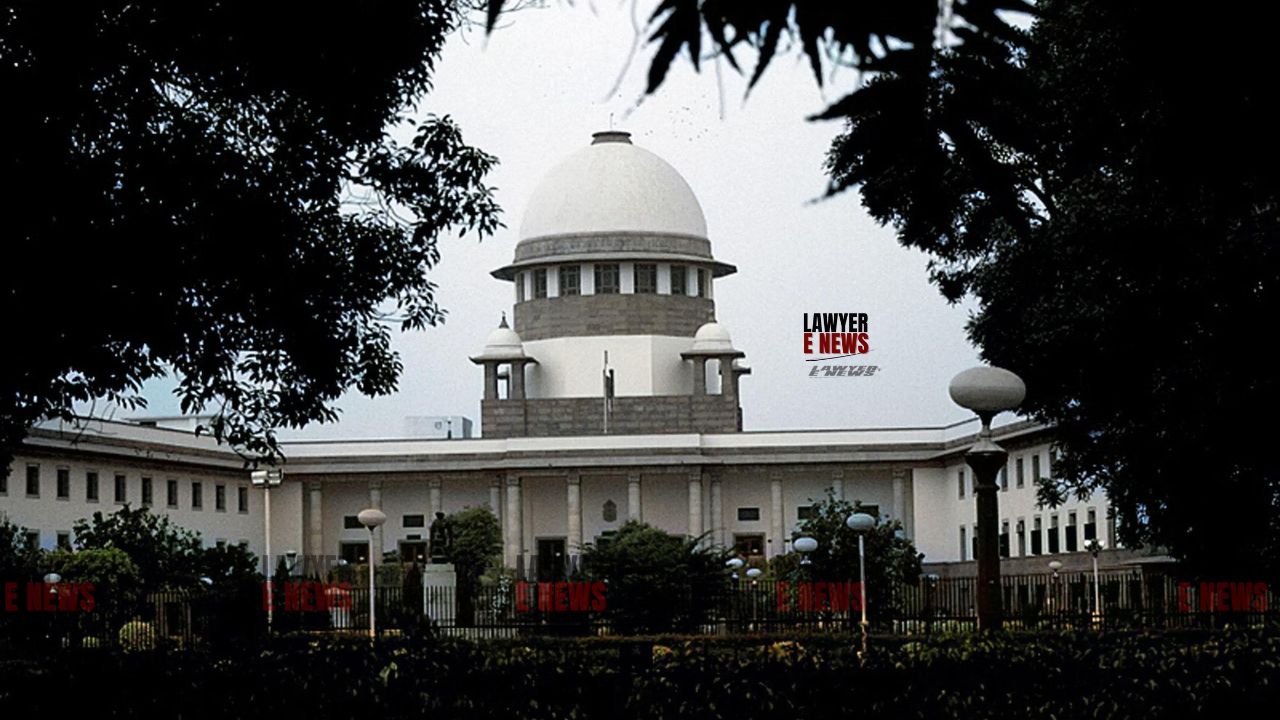-
by Admin
15 February 2026 5:35 AM



Supreme Court modifies 14-year rigorous imprisonment to 10 years, reaffirms legislative intent on proportional sentencing. The Supreme Court of India has delivered a significant judgment on the interpretation of Section 307 of the Indian Penal Code (IPC), which pertains to attempt to murder. The Court reduced the sentence of rigorous imprisonment from 14 years to 10 years, emphasizing the statutory limits of sentencing under the said section. The bench, comprising Justices C.T. Ravikumar and Rajesh Bindal, highlighted the legislative intent behind the provision, ensuring that punishment remains proportionate to the crime.
Amit Rana @ Koka and another appellant were convicted under Section 307 read with Section 34 of the IPC for attempting to murder Mangtu Ram by inflicting a gunshot injury that left him paralyzed. The trial court sentenced the appellants to 14 years of rigorous imprisonment, a decision upheld by the High Court. The appellants challenged this sentence, arguing that it exceeded the maximum permissible term under Section 307, IPC.
The Supreme Court declined to entertain the appellants' challenge to their conviction but agreed to hear the appeal on the sentence duration. The core issue was whether a sentence of more than ten years could be imposed under Section 307, IPC, when the victim suffers hurt, but life imprisonment is not awarded.
Section 307, IPC, outlines that an attempt to murder can attract a maximum sentence of ten years and fine. However, if the act causes hurt, the offender can be sentenced to life imprisonment or such punishment as mentioned in the first part (ten years and fine). The Court elucidated that the second part of Section 307 does not provide for a sentence exceeding ten years if life imprisonment is not imposed.
"The legislative mandate is clear," the bench observed. "When life imprisonment is not considered appropriate, the punishment cannot exceed ten years. This aligns with the principle of 'culpae poena per esto' — let the punishment fit the crime."
The Court's decision hinged on a detailed interpretation of Section 307, IPC. It emphasized that the provision's first part prescribes a maximum term of ten years unless life imprisonment is deemed appropriate when hurt is caused. This interpretation ensures that the sentencing remains within statutory limits, preserving the principle of proportionality in punishment.
Justice C.T. Ravikumar noted, "When in unambiguous terms the legislature prescribed the maximum corporeal sentence imposable for the conviction under Section 307, IPC, under the first part, the punishment to be handed down to the convict concerned in any circumstance cannot exceed the punishment prescribed under the first part of Section 307, IPC."
The Supreme Court's judgment in this case underscores the importance of adhering to legislative intent in sentencing. By reducing the appellants' imprisonment term from 14 years to 10 years, the Court reinforced the statutory limits and principles of proportionality in criminal jurisprudence. This ruling is expected to have significant implications for future cases involving attempts to murder, ensuring that sentences remain within the bounds of the law.
Date of Decision: July 22, 2024
Amit Rana @ Koka & Anr. vs. State of Haryana
